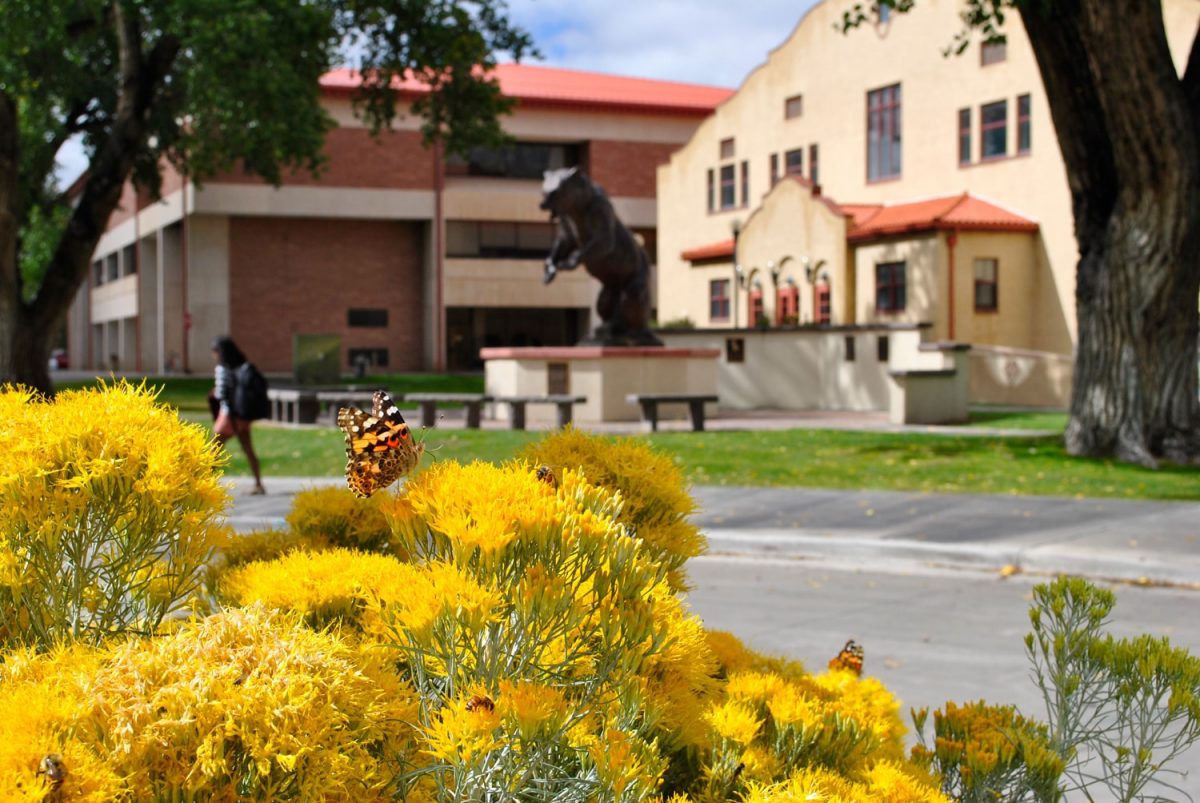Residency for all students is determined after a completed admission application is submitted to the Adams State University Office of Admissions. A student’s initial residency classification is based on the information provided on the Residency Information section of the application. Failure to completely answer questions may lead to an initial classification of non-resident for tuition purposes. More information may be needed to determine residency classification. A student’s residency status will be stated within their admissions letter. Students who identify that their classification is incorrect should contact the Office of Admissions immediately.
Each student is classified as either in-state resident, reciprocal (New Mexico residents), military, non-resident, or Western Undergraduate Exchange (WUE) at the time of acceptance. Colorado residency for tuition purposes for the state of Colorado is governed by State Law (Title 23, Article 7, of the Colorado Revised Statutes of 1973, as amended) and by judicial decisions that apply to all public institutions of higher education in Colorado and is subject to change at any time. The residency decision made at one Colorado institution is non-transferable to other Colorado institutions.
Residency frequently asked questions
In-State, Colorado Resident
In-state/Colorado residency requires a domicile/physical presence in Colorado for 12 continuous months on or prior to the first day of classes of each semester. Since domicile is defined as a permanent home and legal residence, being in Colorado solely for school purposes and/or temporarily for other purposes does not qualify as domicile for Colorado residency. Although an individual may be considered an in-state resident for voting and other legal purposes after being in the state for a short period of time, a student still may not qualify for in-state/Colorado residency. Colorado residency is possible for American Indian students who are registered members of a federally recognized American Indian tribe with historic ties to Colorado. Tuition classification for persons who move to Colorado for employment during their child’s senior year of high school may be classified as a Colorado resident. A student shall be classified as an in-state student for tuition purposes if the student was certified by the director of the Peace Corps as having served satisfactorily as a Peace Corps Volunteer.
In-State Tuition, Residency Classification, & Exceptions
Veterans & Dependent Path to In-State Tuition
Western Undergraduate Exchange
The Western Undergraduate Exchange (WUE) program allows first-time and transfer students who meet admissions standards and are residents from states through the west (including Alaska, Arizona, California, Hawaii, Idaho, Montana, Nevada, North Dakota, Oregon, South Dakota, Utah, Washington, or Wyoming) to pay a discounted tuition rate compared to the University’s out-of-state tuition. WUE is renewed annually as long as the student maintains Satisfactory Academic Progress and is enrolled full time.
Students from WUE states with intentions of becoming a resident of Colorado should contact the Admissions Office to request non-resident status (and will be assessed non-resident tuition rates). WUE students cannot become resident students, per WICHE policy.
New Mexico Reciprocal
New Mexico reciprocal status requires a domicile/physical presence in New Mexico for 12 continuous months on or prior to the first day of classes of each semester. Members of an Indian nation, tribe, or pueblo located wholly or partially in New Mexico, regardless of residence, will be classified as reciprocal.
Non-Resident, Out-of-State
Prospective students who do not meet the residency qualifications for any of the above residency statuses will qualify as non-resident/out-of-state students. All non-resident and international students (WUE and NM reciprocal students excluded) are eligible to receive the Experience Colorado Scholarship valued at $5,000 for the academic year. It is renewed annually as long as the student maintains Satisfactory Academic Progress and is enrolled full time.



